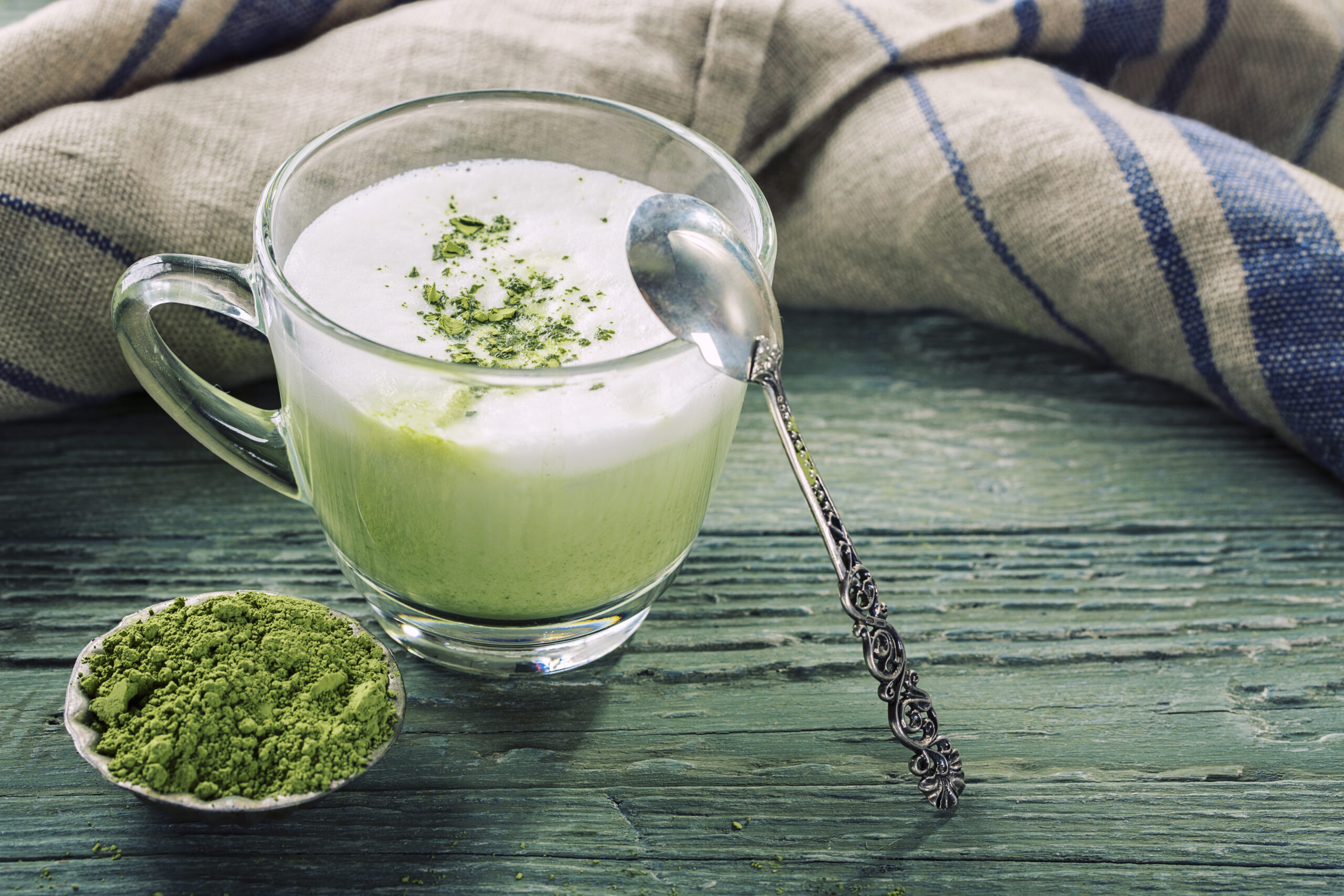Stress. It’s bad for us, right? Well, not exactly.
According to experts, there are two types of stress: one can lead to illness and disease, while the other does the opposite.
So which stress is harmful for your health, and how can you ensure that you’re getting the right kind?
Chronic stress: the bad kind
Chronic stress is the type we encounter day after day which our bodies have not evolved to cope with.
Faced with multiple daily stressors, our stress response system (which evolved for fight or flight), begins to break down.
The result? An over-stressed body, which has been linked to a raft of modern-day illnesses.
Dr Gabor Maté, author of When the Body Says No: The Cost of Hidden Stress, explores this stress/body connection in detail. He explains that emotional stress affects all our bodily systems, including immunity, which can reduce a person’s ability to fight infections.
Stress, over the long term, can then manifest in range of physical illnesses from cancer to autoimmune diseases, he explains.
When stress is your ally
With the research telling us that stress is bad, coupled with our own experiences of what it feels like to be stressed, it seems downright wrong for anyone to suggest that stress of any kind is good.
But according to scientific studies, certain mild physical stressors are good for us, and our bodies have evolved, not only to cope with them, but also to grow stronger as a result.
So, what are they?
According to Ori Hofmekler, author of The Seven Principles of Stress, there are three types of stressors which can, when introduced to the body intermittently, slow down ageing, decrease the incidence of disease and increase your lifespan.
These three stressors are fasting stress, exercise stress and thermal stress.
Ori explains that what makes these stressors good for us basically comes down to a process known as hormesis.
Hormesis is an evolutionary adaptive response where exposure to a mild stress provides protection against a future, more intense stress.
Research into hormesis is not new, nor is it as mysterious as it first seems.
Vaccinations are an example of hormesis at work, where introducing a mild stressor prepares the body for a more life-threatening one.

But what kind of stress increases our lifespan and improves our health by preventing disease?
According to Ori, nutritional stress through fasting is the key to hormesis. He believes that being in an energy deficit, intermittently, reduces age-related illnesses and prolongs lifespan.
There is growing scientific evidence to support this.
In their report on the health effects of intermittent fasting and hormesis, Dr Benjamin Horne and his team from the University of Utah explain that dietary stress through calorie restriction has positive effects on health.
But how? They explain that nutritional stress triggers a response at the cellular level which optimises the way the cell functions and improves metabolism.
This, they say, may improve long-term health by reducing the risk of diabetes and cardiovascular disease.
So what type of fasting starts hormesis?
Drawing on scientific research, Ori explains that for hormesis to occur, stress must be intermittent and should not be chronic.
It is due to this principle that he insists fasting does not go beyond 18 hours. Fasting beyond this time, he says, increases cellular stress levels which then become chronic and, as we know, that’s not a good thing.
Dr Horne and his researchers agree.
While their research shows the benefits of intermittent fasting for hormesis, they also explain it can cause harm when practised too frequently or for too many consecutive days.
They describe common side effects of fasting to include headaches, fainting, weakness, dehydration and hunger pangs.
Excessive fasting can cause serious side effects such as malnutrition, eating disorders, susceptibility to infectious diseases or even moderate damage to organs.
Knowing there is a fine line between stress that results in hormesis and stress which causes disease can be confusing.
Ori argues that due to our modern-day lifestyle and the never-ending availability of food, most of us are rarely, if ever, in an energy deficit.
“Our society eats too much, too often,” he says.
“The frequent meal routine suppresses genes that keep us resilient to stress, disease and ageing.”
Even during fasting periods, Ori doesn’t recommend eating nothing at all.
“Having vegetables and small servings of berries or yoghurt, every four to six hours throughout the day, will yield virtually the same benefits of fasting,” he explains.
He also suggests drinking green tea and other herbal teas to keep the mind and stomach occupied.

Matcha is made by crushing green tea leaves into a fine powder, so you get the whole goodness of the green tea leaf.
Clearly, fasting isn’t going to be suitable for everyone, but the good news is there are also nutrients that mimic the benefits of calorie restriction because they activate the same pathways.
These nutrients activate genes in our bodies which can, when stimulated, slow down the ageing process.
Resveratrol is one such nutrient. It was first discovered by Australian geneticist David Sinclair, who wanted to find a way to induce mild cellular stress without fasting and exercise.
Resveratrol was the answer.
Resveratrol has also been found to inhibit the growth of some human cancer cells as well as protect against diabetes and Alzheimer’s disease.
While there is still much debate among scientists about its benefits, it doesn’t hurt to add resveratrol-rich foods, such as blueberries, red grapes, peanuts and cocoa beans, to your diet.
Other nutrients which mimic calorie restriction effects include curcumin, which is found in turmeric; green tea catechins; and berberine, found in the bark and root of wild plants such as barberry and goldenseal.
Ori says foods rich in these nutrients can be eaten even during the fasting period.

Just as Ori believes that we need to put our bodies through mild stress, he also says we should be eating stress-activated foods.
Stress-activated foods are products of plants, microbes and animals that are cultivated and raised in environments where they are not protected by substances such as pesticides.
“What’s incredible about stress-activated molecules in certain organisms such as plants, for instance, is the fact they have been shown to have a cross-species, cross-kingdom impact. Once consumed by other organisms such as animals or humans, they yield the same biological benefits on improving survivability and delaying ageing,” Ori says.
On a practical level, this means purchasing pasture-raised eggs and meat as well as organic fruits and vegetables which have not been exposed to pesticides. Unsaturated fats contained in nuts and seeds have also been found to turn on stress-protective genes.
Sugar, refined flour, artificial sweeteners, alcohol, monosodium glutamate (MSG), chemical additives and genetically modified organisms (GMOs) are ingredients that Ori describes as anti-hormetic.
These ingredients inhibit the stress response and, according to Ori, “shorten life”. It comes as no surprise then that he insists foods containing these ingredients should be avoided.

We all know that exercise benefits our bodies, our hearts and our brains. This is due, in part, to hormesis.
Ori says that maximum resiliency to stress requires a combination of nutritional and physical stress. However, he warns against long endurance training as he argues it results in chronic stress on the body, which is the exact opposite of what we want.
“Beyond a certain level, every stressor turns harmful,” he says.
Research supports this, showing that chronic training and long-term excessive endurance exercise, which includes regularly competing in ultramarathons and ironman distance triathlons, can cause damage to the heart and large arteries.
So what type of exercise triggers hormesis?
According to Ori, exercise must be the right type and duration to cause just the right amount of stress on the body for hormesis to take place. He recommends short and intense exercise intervals, preferably while fasting, with minimal rest between sets.
Each session should be between 15 and 30 minutes long.
However, research published last November in the European Heart Journal shows that other forms of exercise also have cellular benefits.
In their study, Dr Christian Werner and his researchers examined different types of exercises and the effects they had on telomere length and activity. Longer telomeres have been implicated in health and increased lifespan.
Dr Werner’s study concluded that both cardiovascular training – such as running for 45 minutes three times a week, and interval training for the same period of time – increases telomere activity, which is important for cell regeneration and, therefore, healthy ageing.
Ori explains that cold immersion is another technique that helps you adapt to stress.
“The evidence clearly indicates that heat shock and cold shock are some of the most powerful triggers of adaptation to stress in all species; perhaps as effective as calorie restriction,” he says.
To get the benefits of thermal stress, Ori recommends you start with a hot shower followed by a cold shower.
“It’s amazing how the body becomes resilient to cold shock after exposure to heat – not the other way around. Sudden exposure to cold without heat first may end up being counter-effective,” he says.
 Getty Images
Getty Images

.jpg)

